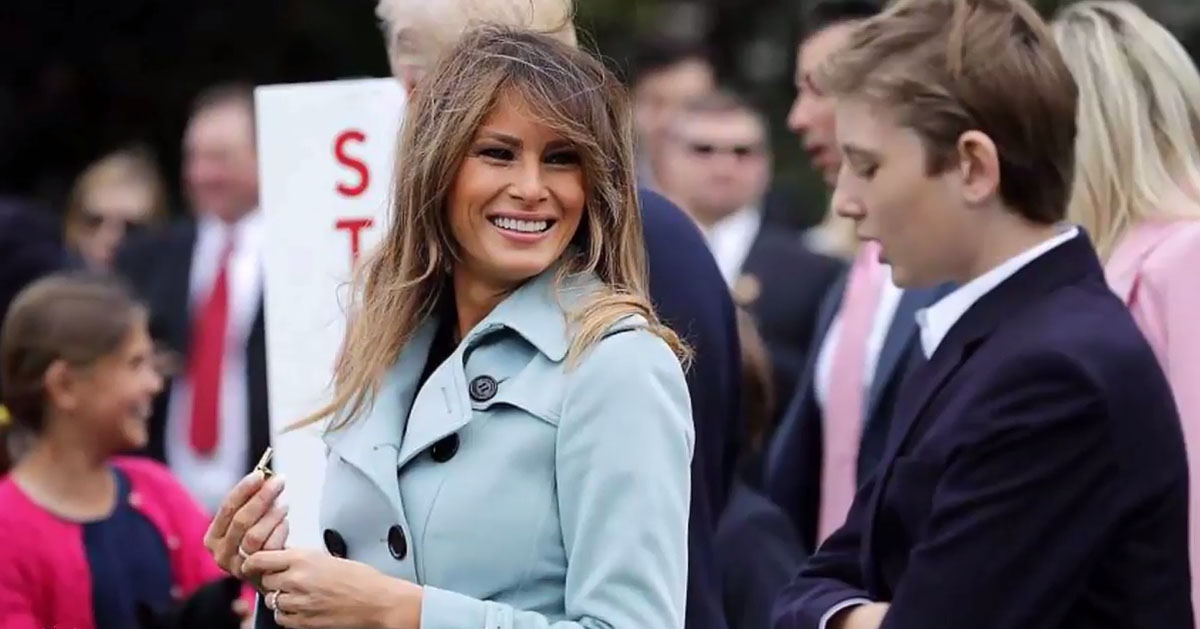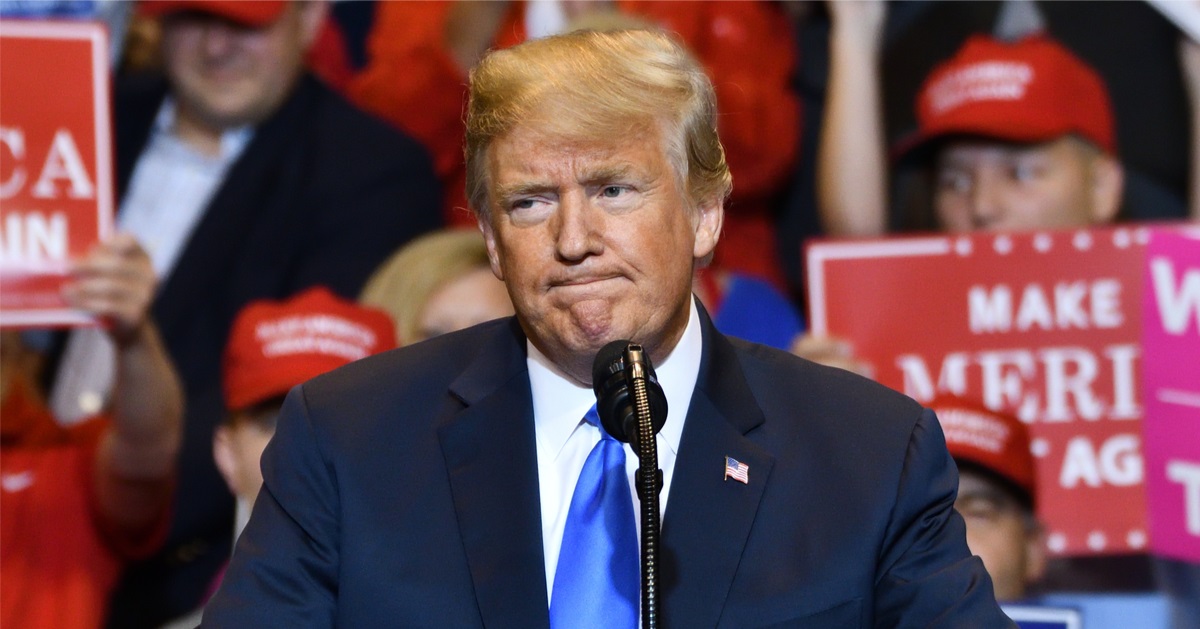DANIEL VAUGHAN: Trump Loses A Debate While Harris Slips In Campaign
Heading into the second debate of this election cycle, but first for Kamala Harris, voters have one overriding question: What does Kamala Harris believe? Unfortunately, between the moderators, Kamala Harris and Donald Trump, no one pressed her to answer that question. The undefined candidate continues forward, being whatever you want her to be.
The first question of the night was a simple one in every campaign: Are you better off now than you were four years ago? The official Harris campaign answer for that? Word salad. She talked until the timer went off and gave no answer, although ironically, by admitting things are more expensive now, she's admitting people are worse off.
Donald Trump could have started his answer by pointing out the obvious thing: Harris didn't answer the question. He didn't do that. And so Harris got to skate by on that answer.
After a while, the moderators showed they were ready and willing to ask Trump yes and no questions. Notably, they never demanded the same of Harris. That was a negative moment for them and a reminder that no Republican should ever appear on ABC News.
However, Donald Trump didn't press the case against Harris. Instead, he chased every rabbit trail Harris and the moderators tossed out for him. Whatever positive points Trump made were lost, as he fell for the obvious traps, failed to make the necessary points, and left meat on the proverbial bone.
That's as much a loss for the country as it was for Trump.
The New York Times / Siena College poll had much to say on this point. In the leadup to the debate, that poll gave Trump a one-point lead on the top line nationally. Nate Cohn, analyzing the results, made this note:
Despite a month of favorable coverage, voters still don't know enough about [Harris]: 28 percent of voters said they needed to learn more, compared with only 9 percent who said the same about Mr. Trump. More than anything, voters say they want to hear more about where she stands on the issues, something her campaign has seemed to struggle to lay out.
In the debate, the moderators attempted to clear the field for Harris by delivering her layups. What do you say to voters who are wondering if they're better off now or four years ago? What restrictions do you support on abortion? Do you bear any responsibility for what happened in Afghanistan? Why have you flip-flopped on every position in the past five years?
We got no answers on all these points and more. Harris refused to answer them and stonewalled. If you're a voter wondering what Harris believes, you didn't get an answer. If you were the same voter wondering if Trump was the same, you got your answer. Trump is the same now as he was in 2016 and 2020.
In 2016, voters went with Trump. In 2020, he lost. If you're Harris, you're running a high-risk, high-reward strategy. I get that she's purposely running a campaign to refuse to be defined on any issue. But if she doesn't fill in those blanks, Donald Trump and voters will color between those lines.
Nate Cohn noted that was happening, "The poll also hints that the Trump campaign has begun to fill in some of the blanks. Nearly half of voters say she's "too liberal or progressive." A majority of voters see her as at least somewhat responsible for the problems along the border. And a majority of voters say she's a "risky" choice and "more of the same"— hardly an enviable combination."
In 2012, Romney ran a similar campaign, trying to run to the center after running hard as a conservative for two cycles. Obama was able to pillory Romney over the summer. Romney never escaped being defined on the terms that Obama made.
So, while Donald Trump clearly lost the debate, it's unclear whether or not that matters for the campaign. If voters are filling in those blanks as Harris refuses to provide them with the necessary answers, she's letting others define her. This problem should sound familiar because it's the exact thing that happened to Harris in the 2019 primaries and how the press viewed her before July.
I noted two weeks ago that Harris's campaign strategy was the "run-out-the-clock" strategy. She believed she had a lead in the race and was avoiding anything that would harm that lead. But as Labor Day passes and gravity reasserts itself, the downsides are starting to show. The race is tightening, and voters don't know what to think of her.
If Harris loses this race, you can point back to the debates she "won." She scored points and appeared better than Trump, but she also provided voters with no reason to define her in favorable terms. She wants to be undefined, and voters want to define her. If she wins, it'll be because voters were able to find a positive way to define her. They won't get that from the debates, though. We'll have to get that narrative elsewhere.
There's no question who Donald Trump is - you have multiple debates and four years of him in office to understand that. What would a Harris administration be? No one knows, and it's fair to ask at this stage whether or not she knows the answer to that question.





